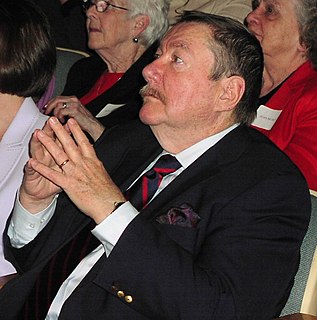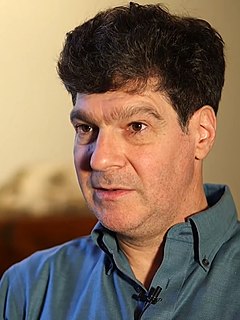A Quote by Thomas Sowell
Few professors would dare to publish research or teach a course debunking the claims made in various ethnic, gender, or other 'studies' courses.
Related Quotes
There are a few other things that I built when I was at Harvard that were kind of smaller versions of Facebook. One such program was this program called Match. People could enter the different courses that they were taking, and see what other courses would be correlated with the courses they are taking.
One of my favorite courses to teach is when we go to the Air Force. We've done a few at Air Force bases. What's great about that is that it's a one-week course. It's five days and we work with them for about eight hours a day. We're not only teaching them self-defense, but we're also teaching them how to teach it on base to others.



































